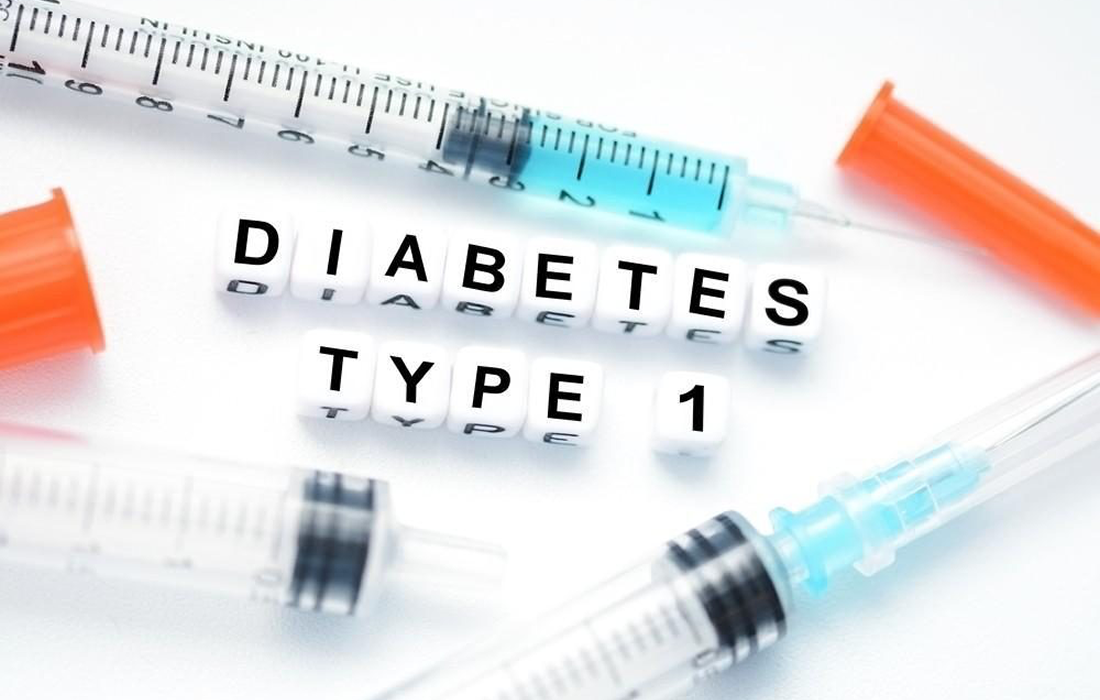Regenerative Medicine News and General Information
New Medication for Type 1 Diabetes Could Even Prevent the Disease

Researchers from Yale University have developed an oral medication to treat diabetes that controls insulin levels while simultaneously reversing the inflammatory effects of the diseases. The results were published in the journal Nature Biomedical Engineering.
The drug has 2 critical advantages over the standard treatment for diabetes because it can be taken orally. It’s much simpler for the patient to stay compliant with his or her treatment. It also addresses three major issues with diabetes at the same time:
- It helps control immediate blood glucose levels.
- Restores pancreatic function.
- Reestablishes normal immunity in the pancreatic environment.
Tarek Fahmy, an associate professor of biomedical engineering and of immunobiology, who developed the drug notes that it’s all done within a nanocarrier composed of materials that our own bodies make, bile acids, which means that the carrier itself has therapeutic effects that works with the loaded agent to reinstate normal metabolism in the short-term and restore the normal immune response in the long term.
“This combined approach is what makes this system a promising new therapy for autoimmune disease in general,” he said.
One of the major obstacles to creating a successful oral medication for diabetes is that the drug breaks down in the patient’s gastrointestinal system. The nanoparticle, however, protects the insulin while carrying it to the site of the pancreas, where it unloads the medication.
The nanoparticle is more than just a means of delivery, though. It’s made from a polymerized ursodeoxycholic acid, a bile acid. In its more natural form as a monomer, it has been used to make drugs for dissolving gallstones and liver stones. It hasn’t, however, been very effective as a treatment for diabetes. Fahmy’s research team polymerized the bile acid, though, which increases its ability to bind with receptors critical to metabolism, making it much more effective as a treatment for diabetes.
In their tests on mice, the nanoparticles reversed inflammation, restored metabolic functions, and extended their survival, while the cargo of the particles restored insulin levels.
Source:
Yale School of Engineering & Applied Science. Department of Biomedical Engineering. Retrieved from:
https://seas.yale.edu/news-events/news/drug-does-double-duty-treating-diabetes
Image from:
https://seas.yale.edu/news-events/news/drug-does-double-duty-treating-diabetes

